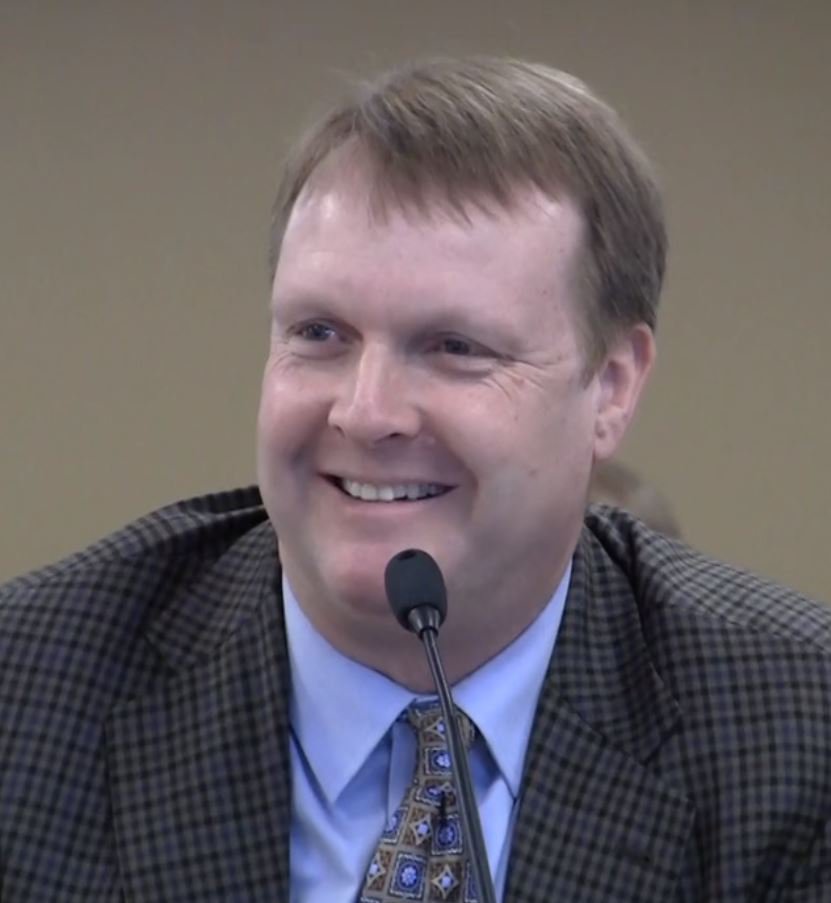BPA Administrator Praises Energy Efficiency, Says Cost Review Will Keep Agency Competitive
- November 20, 2015
- John Harrison

Elliot Mainzer, administrator of the Bonneville Power Administration, the region’s largest electricity wholesaler and the agency that directs millions of dollars annually to improve energy efficiency in the Northwest and boost fish and wildlife survival in the Columbia River Basin, had a clear message for the Northwest Power and Conservation Council at its November meeting:
It’s time to take a hard look at Bonneville’s fish, wildlife, and energy budgets to make sure the agency continues to fund initiatives that “give us real impact” and look for ways to potentially “trim tabs” on those that do not. To that end, Bonneville recently began a public process, called BPA Focus 2028, to explore how energy industry changes will affect Bonneville and the strategic choices the agency may face in the future to remain financially strong and competitive.
Mainzer sees the Council as an important partner in that process. Under federal law, the Bonneville administrator is required to make decisions about future energy supplies and mitigating the impacts of hydropower dams on fish and wildlife that are consistent with the Council’s Northwest Power Plan and Columbia River Basin Fish and Wildlife Program. He said he is pleased with the Council’s work on the Seventh Power Plan, the region’s energy efficiency accomplishments, and progress in improving fish survival at the federal dams on the Columbia and Snake rivers, which provide the bulk of the electricity Bonneville sells.
But he also said the Focus 2028 conversation, which will include and affect electric utilities and fish and wildlife agencies, tribes, and others throughout the Northwest, will be difficult, but one that must occur.
“The central focus of the 2028 Dialogue is the thesis that in order for Bonneville to meet its multiple statutory and public-purpose objectives we have to have a financially strong and cost-competitive organization,” he said. “Without that, we really can’t do the things we need to do and that people expect us to do.”
He said he sees the possibility of cost savings in Bonneville’s energy efficiency and fish and wildlife budgets. Regarding fish and wildlife, he said the Focus 2028 process provides the opportunity to “take a look, particularly, at some of the research, monitoring and evaluation dollars and ask ourselves if we can free up some working capital to be able to better accommodate some of the emerging priorities, and also to make sure that the dollars we are spending are being spent as efficiently as we possibly can.” Bonneville’s own budget will be scrutinized, too, he said: “We are looking at our own internal operations, our budgeting processes, our finances, the way we carry reserves, and all of these things.”
“I want to reaffirm the importance of our partnership during these really challenging times,” he said. “There is so much industry change going on right now, and we are working to position ourselves for long-term success. That’s really my theme for my time as administrator.”


